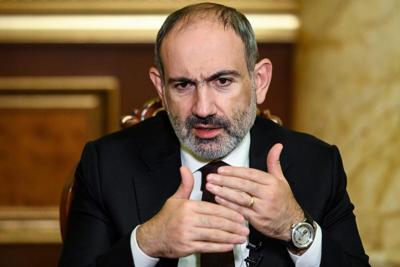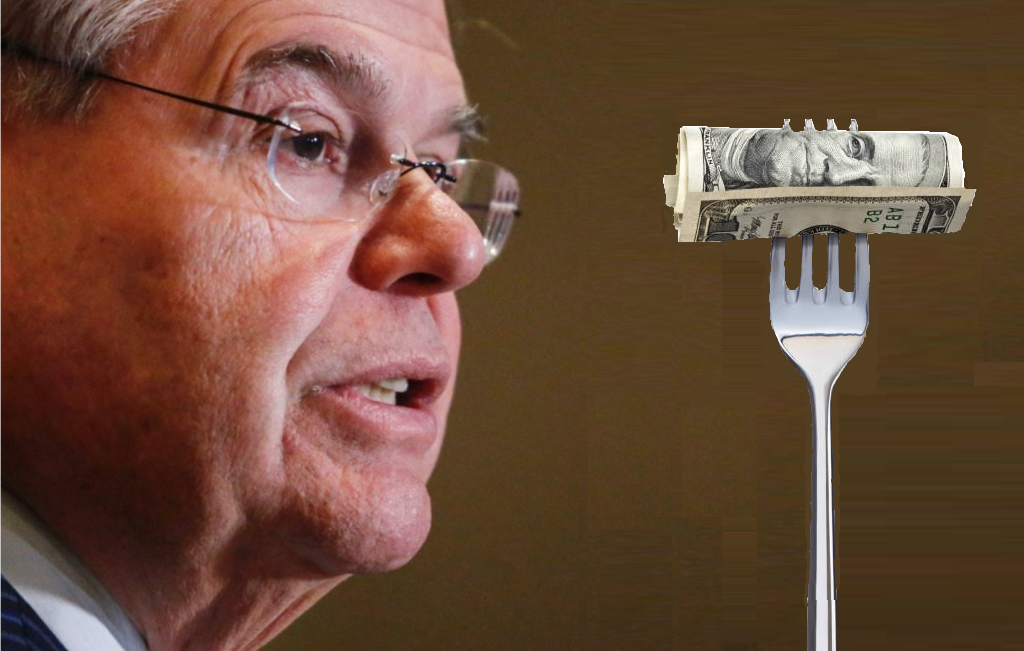
In order to get updated of the latest situation in Armenia and
Garabagh, where the separatist forces are still located, it is no
longer necessary to search for the Armenian press. The Senate of
the United States of America has almost become the daily newspaper
of Armenia – giving fresh tiding; whatever the situation is inside,
the same atmosphere exists in the Senate. There is only one issue
that the voices from the Senate are more excited and more
aggressive than those from Yerevan. For example, Senator Robert or
simply Bob Menendez, a 69-year-old American politician, is so
excited every time he stands in front of the tribune talking about
Armenia that he almost drowns in his own sweat. Bob is so
pro-Armenian that he would almost give the whole world a gift for
Armenia. But Menendez has one thing missing; it’s that he himself
can’t understand anything from what he’s talking about. Indeed, the
old senate has become so emotional that sometimes he believes the
lies he tells himself.
Menendez’s commitment to Armenians is as strong as Caroline
Cox’s in the British Parliament. In other words, Armenian blood was
injected into the blood of both old armenophiles. The only
difference between the two characters is that Menendez is a bit
greedy, that is, avid for money. Bob Menendez also had an
interesting story in 2015 about his corruption issue in the court
just because of being apt to receive bribe. The senator, who is
easily lured by money or some gifts, repeatedly poked his nose into
an issue he did not know deeply due to the money invested in his
account from the Armenian lobbies. The fact that the senator, who
has never put a step in Garabagh and has a simple understanding of
the Caucasus region, presented false images to the Foreign
Relations Committee just for the sake of his pre-paid work, is a
clear proof of all that has been said. Although Menendez is a
lawyer, he does not know the secrets of his position. Of course,
without knowing the region, how can making claims from thousands of
kilometers away help lobbyists pouring millions into the pockets of
the corruptionists like Menendez? He just wins, because his mission
is just to care about his account but not Armenians even if he
vehemently shouts out words of sanctions. Who cares though? Because
even though he doesn’t know anything about Garabagh, he still knows
this business very well.
Thus, the situation in the United States does not directly
express Washington’s position towards Azerbaijan. On the contrary,
the United States tries to find a way out of such a situation at
many points. First of all, the United States will never want to
lose Azerbaijan, which is one of the most reliable allies of the
West, and cannot directly pressure Azerbaijan even on the most
critical issues related to Armenia. The final situation was
actually a momentary sabotage plan from the armenianized US Senate
aimed at the South Caucasus. Currently, the situation in the US
Senate is complicated. Because Yerevan and the forces working to
feed the separatists have put such a leash on the neck of people
like Menendez that neither the US State Department nor the White
House can speak out.
However, unlike them, Azerbaijan can always say its word.
Because the international laws written by the West are supreme for
Azerbaijan, even if they are worth the bribes they receive. No
matter how hard people like Robert Menendez try to impose tough
sanctions against Azerbaijan and its leadership, in the end,
Azerbaijan gets what it wants. And as it happened… Although the
Aghdam-Khankendi road was blocked by the separatists for a long
time, in the end it was not what they wanted, but what Azerbaijan
wanted.
First, they wanted to create an illusion, ostensibly there was a
starvation and humanitarian crisis in Khankendi. All Armenian and
pro-Armenian media outlets circulated the fabricated pictures and a
term of “genocide”, the one which Menendez tried to fake at the
tribune. Besides, the local residents said on social networks that
the leaders of the separatist gang took away products brought by
the ICRC or the Russian Peacekeepers to aggravate the situation
further. However, it did not work and first, the separatists were
obliged to step back and release extra meat products in Khankendi
on August 20. According to the so-called statement, on September 17
they were obliged to step back a second time against internal
pressure. The regime accepts that it is not always possible to
provide the daily 200 grams of bread available to a citizen under
the coupon system.
In general, there is only one option for separatist and
lobbyists in Garabagh, Yerevan, or the Senate: to take action
according to the demands and conditions of Azerbaijan. In fact, all
these processes could have been resolved a long time ago. It is a
fact that earlier, an agreement on the simultaneous opening of
these was reached on September 1. The separatists expediently
delayed this process.
Despite all their fruitless efforts, Azerbaijan’s principled
position once again prevailed.
Now there is a priority for them – to end the resistance, not to
rely on empty words from the US Senate and, finally, to take steps
for reintegration. Because this is the only way out for the
Armenian minority in Garabagh.
—
Elnur Enveroglu is AzerNews’ deputy editor-in-chief, follow him
on @ElnurMammadli1
Follow us on Twitter @AzerNewsAz


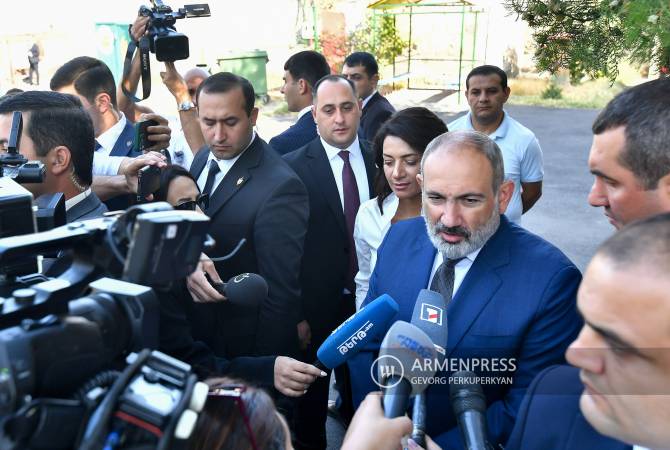
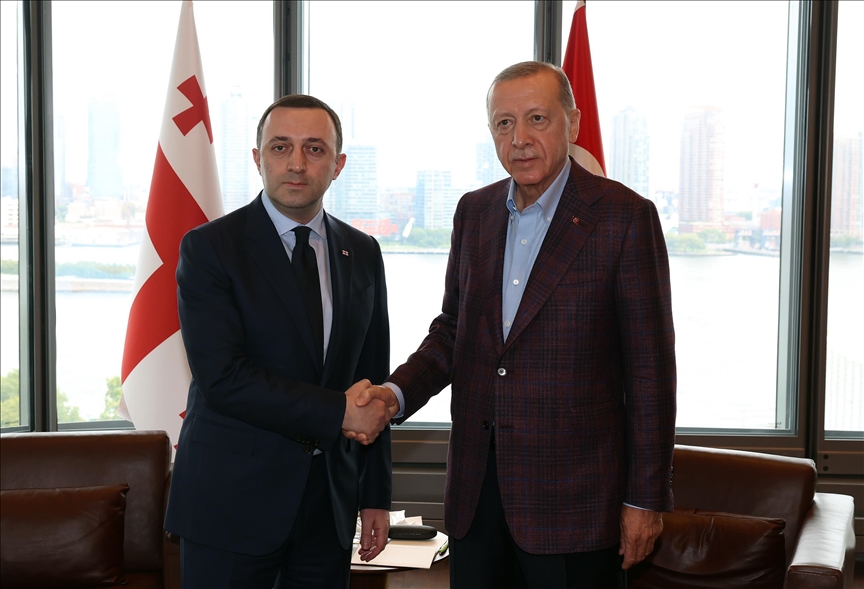


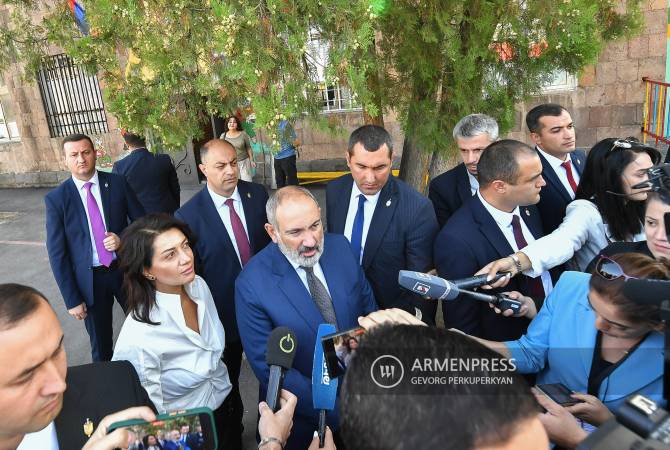


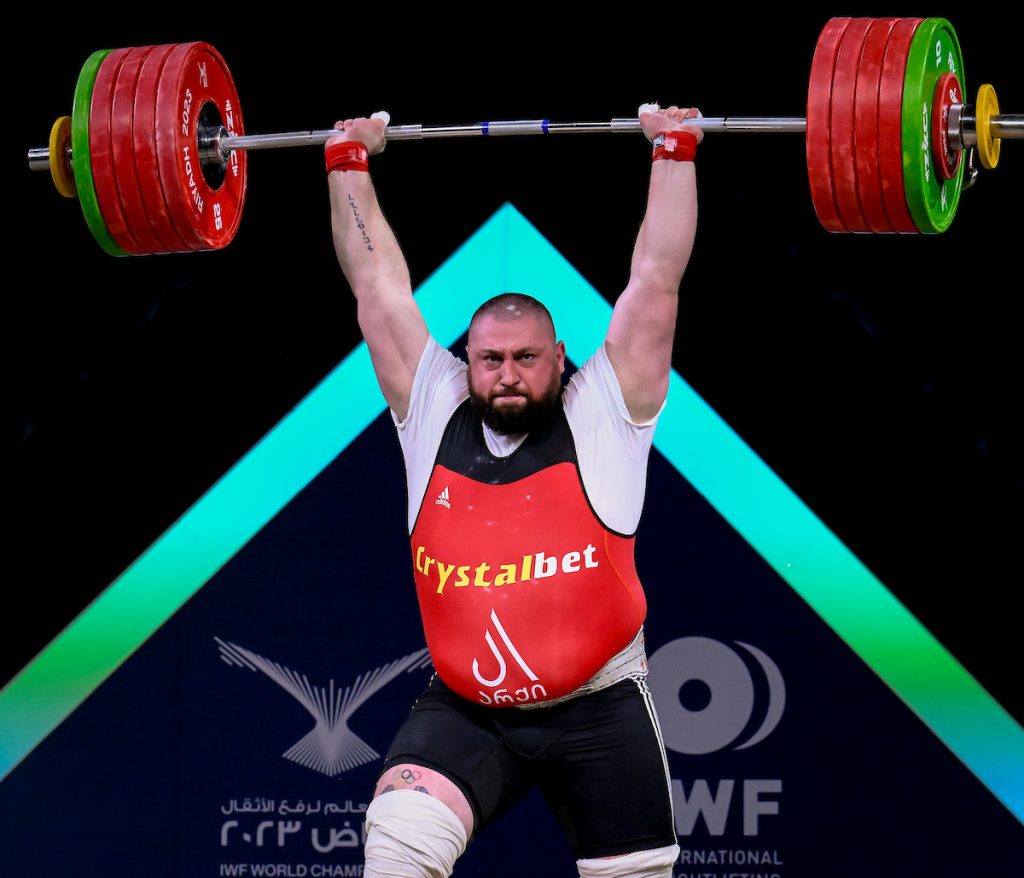 Lasha Talakhadze (GEO)
Lasha Talakhadze (GEO)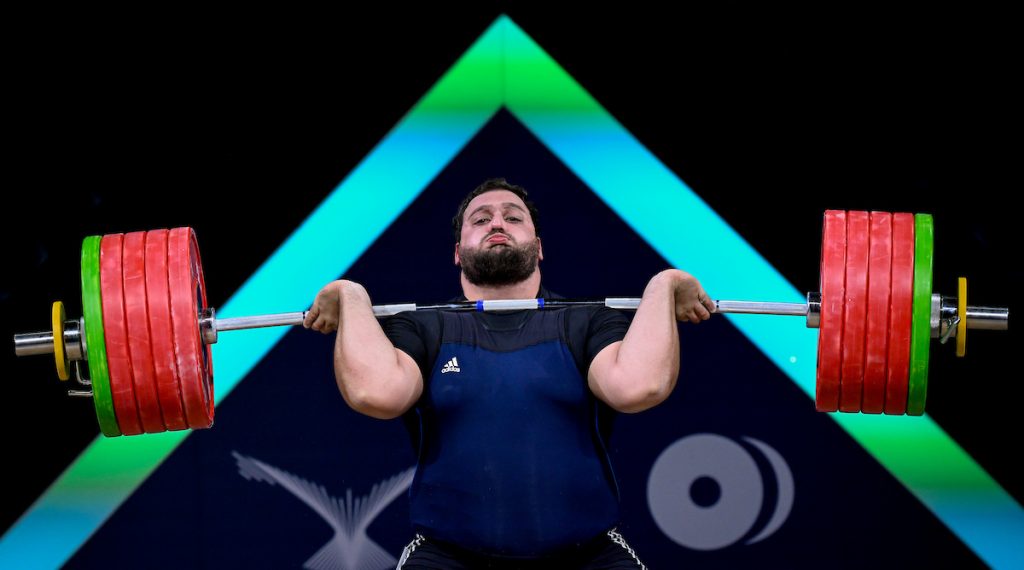 Varazdat Lalayan (ARM)
Varazdat Lalayan (ARM)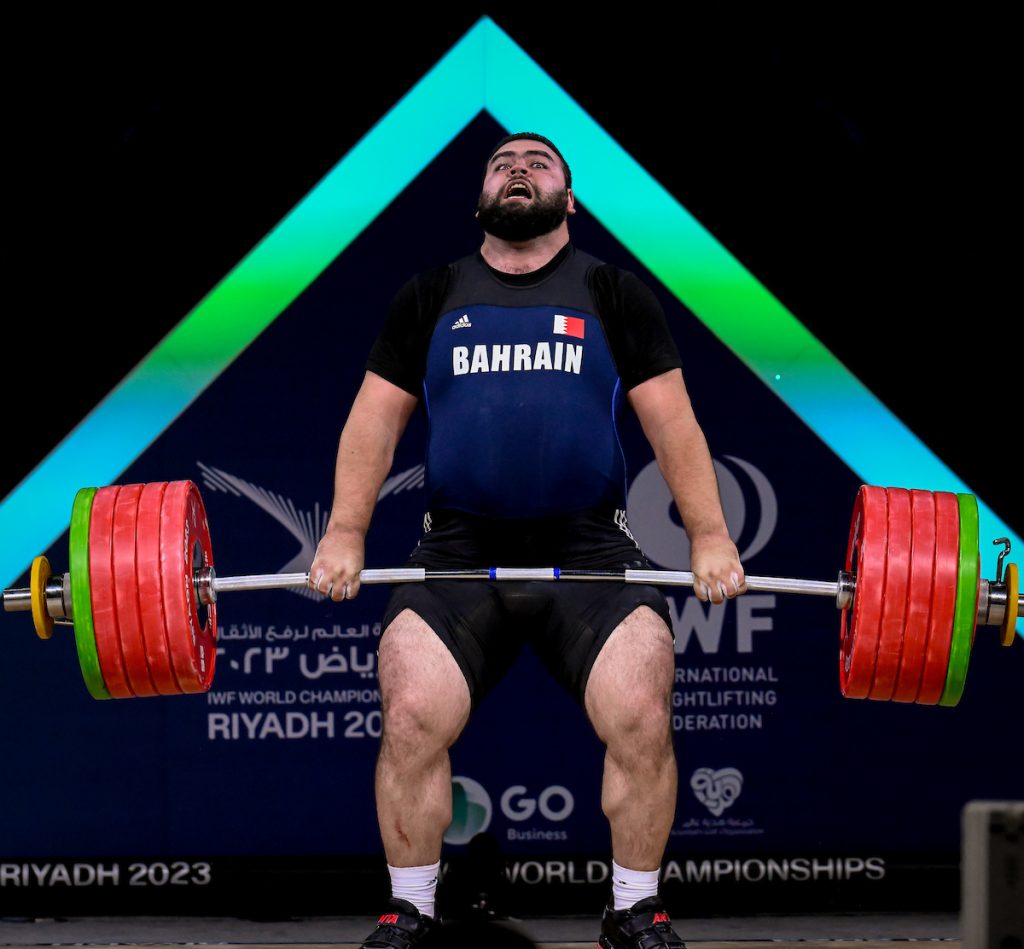 Gor Minasyan (BRN)
Gor Minasyan (BRN)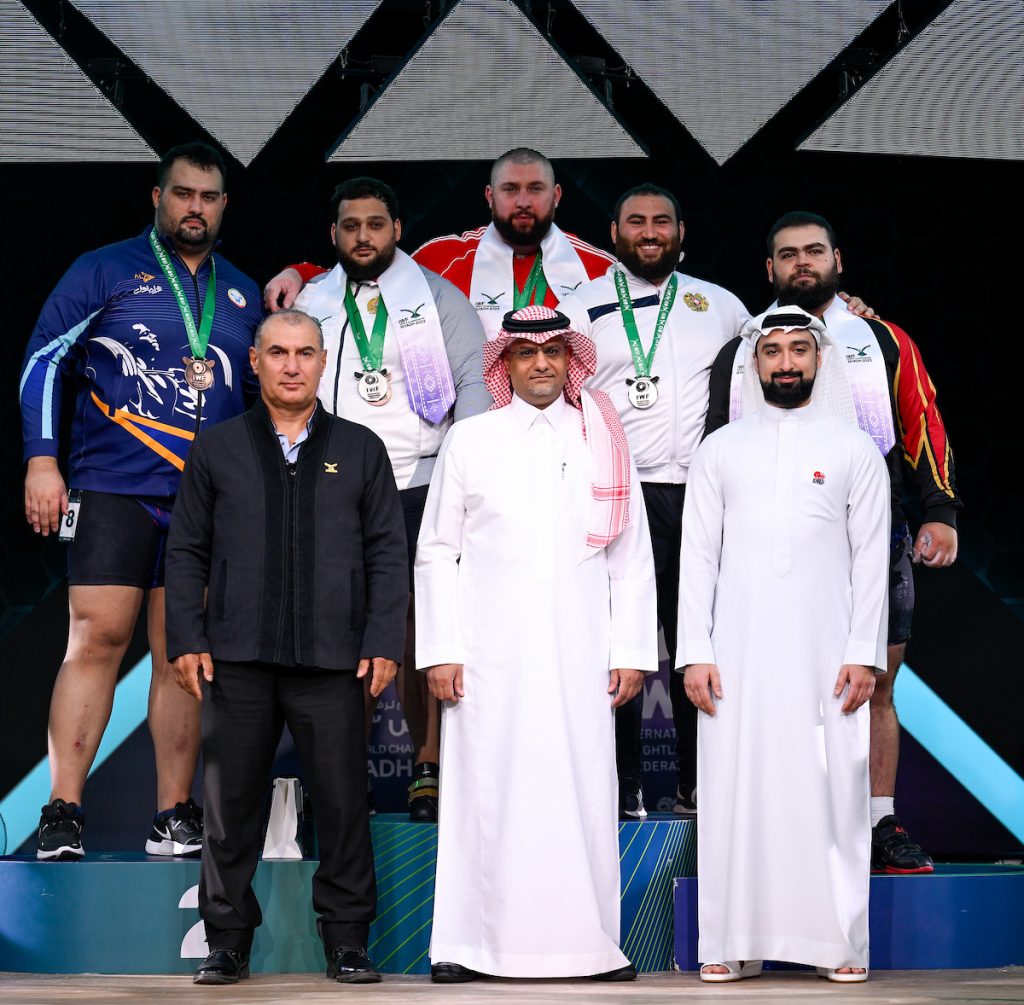 The men’s +109kg podium
The men’s +109kg podium